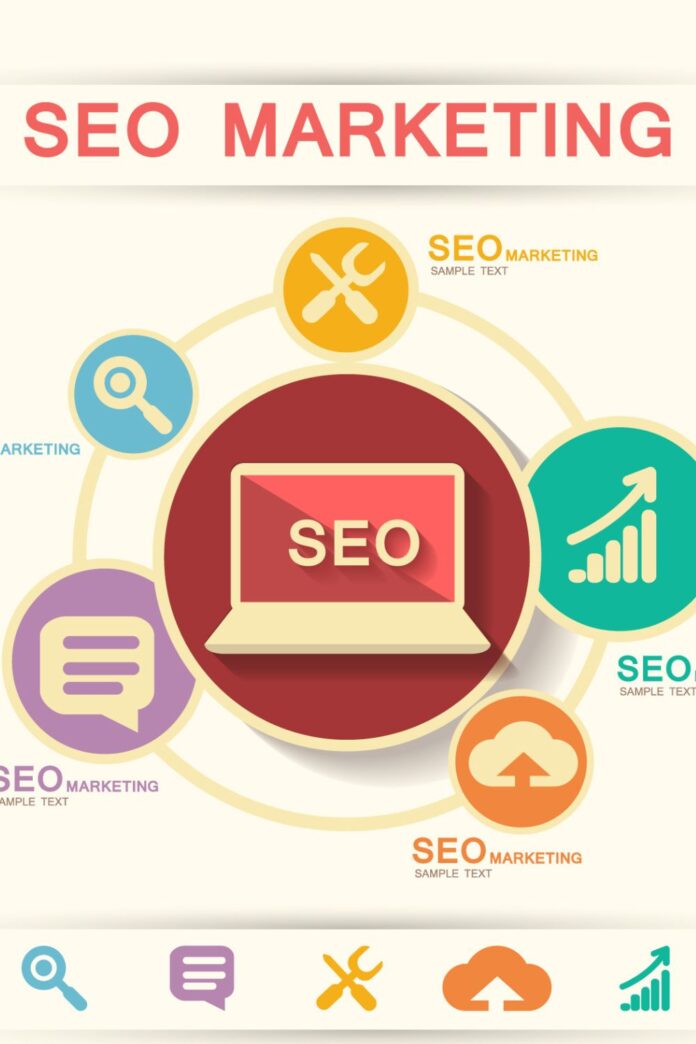As we approach 2025, the landscape of search engine optimization (SEO) continues to evolve, particularly in the SEO for higher education sector. Educational institutions must adapt their strategies to remain competitive and relevant. With more students turning to online resources for information and enrollment, an effective SEO campaign is essential for attracting prospective students and enhancing visibility in search results. This blog will explore key components of a successful SEO campaign tailored for higher education institutions.
Understanding Your Audience
The first step in crafting a successful SEO campaign is understanding your audience. In higher education, this means identifying potential students, parents, and educators.
- Demographics: Analyze the age, location, and interests of your target audience.
- Search Behavior: Understand what keywords and phrases they are using to find educational resources.
- Pain Points: Identify the challenges prospective students face when choosing a college or university.
Creating personas for these groups can help you tailor your content and marketing strategies effectively.
Keyword Research
Once you understand your audience, the next crucial step is conducting thorough keyword research. Keywords are the foundation of any SEO campaign, as they guide the content you create and optimize.
- Tools to Use: Leverage tools like Google Keyword Planner, SEMrush, or Ahrefs to identify relevant keywords related to higher education.
- Long-Tail Keywords: Focus on long-tail keywords, which are less competitive and often indicate higher intent. For example, instead of “college,” use “best online college programs for working adults.”
- Local SEO: Don’t forget to incorporate local keywords if your institution offers on-campus programs.
By optimizing your content for the right keywords, you can increase the chances of ranking higher in search engine results.
On-Page SEO Strategies
On-page SEO involves optimizing individual pages on your website to improve their search rankings. Here are some effective strategies:
- Title Tags and Meta Descriptions: Ensure each page has unique and descriptive title tags and meta descriptions that include your target keywords.
- Header Tags: Use header tags (H1, H2, H3) to structure your content, making it easier for search engines and users to navigate.
- Internal Linking: Create a robust internal linking structure that guides users to relevant pages and helps search engines understand your site’s architecture.
Effective on-page SEO enhances user experience and can lead to higher search rankings, driving more organic traffic to your site.
Content Creation and Optimization
High-quality content is at the heart of any successful SEO campaign. For higher education institutions, this means producing valuable, informative content that meets the needs of your audience.
- Blog Posts: Create blog posts addressing common questions prospective students might have, such as “How to choose the right university” or “Tips for applying to graduate school.”
- Video Content: Consider producing video content, such as virtual campus tours or student testimonials, to engage users visually.
- Resource Guides: Offer comprehensive guides and downloadable resources, such as application checklists or scholarship information.
Always remember to optimize your content with relevant keywords, including the keyword SEO for higher education naturally within your articles.
Technical SEO
Technical SEO ensures that your website is properly optimized for search engines. It includes various elements that help improve the site’s performance and usability.
- Site Speed: A fast-loading site enhances user experience and is favored by search engines. Use tools like Google PageSpeed Insights to check and optimize your site’s speed.
- Mobile Optimization: With more users accessing websites via mobile devices, ensure your site is mobile-friendly and responsive.
- Secure Sockets Layer (SSL): Implementing SSL not only secures your website but also boosts your SEO rankings.
Investing time in technical SEO can have a significant impact on your website’s visibility and user experience.
Building Backlinks
Backlinks are a crucial component of any SEO campaign, particularly in higher education. They signal to search engines that your content is credible and valuable.
- Guest Blogging: Contribute articles to reputable education-related blogs or websites to earn backlinks to your site.
- Collaborations: Partner with other institutions or educational organizations for joint content initiatives or research projects.
- Social Media Promotion: Use social media platforms to share your content, encouraging others to link back to it.
A strong backlink profile can greatly enhance your site’s authority and search engine rankings.
Monitoring and Analytics
Finally, monitoring your SEO campaign’s performance is essential for ongoing success. Use tools like Google Analytics and Google Search Console to track your website’s performance and identify areas for improvement.
- Key Metrics: Monitor metrics such as organic traffic, bounce rates, and conversion rates.
- Adjust Strategies: Use the data to adjust your strategies as needed. If certain keywords aren’t performing well, consider refining your content or targeting different keywords.
Regularly analyzing your SEO efforts will help ensure that your strategies remain effective and aligned with your goals.
Conclusion
In conclusion, creating a successful SEO campaign for higher education in 2025 involves understanding your audience, conducting thorough keyword research, optimizing on-page and technical aspects, creating high-quality content, building backlinks, and monitoring your performance. By focusing on these elements, educational institutions can enhance their visibility, attract prospective students, and ultimately achieve their enrollment goals. With the right strategies in place, you can effectively navigate the ever-changing SEO landscape and set your institution up for success.

